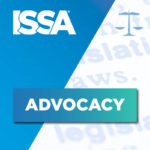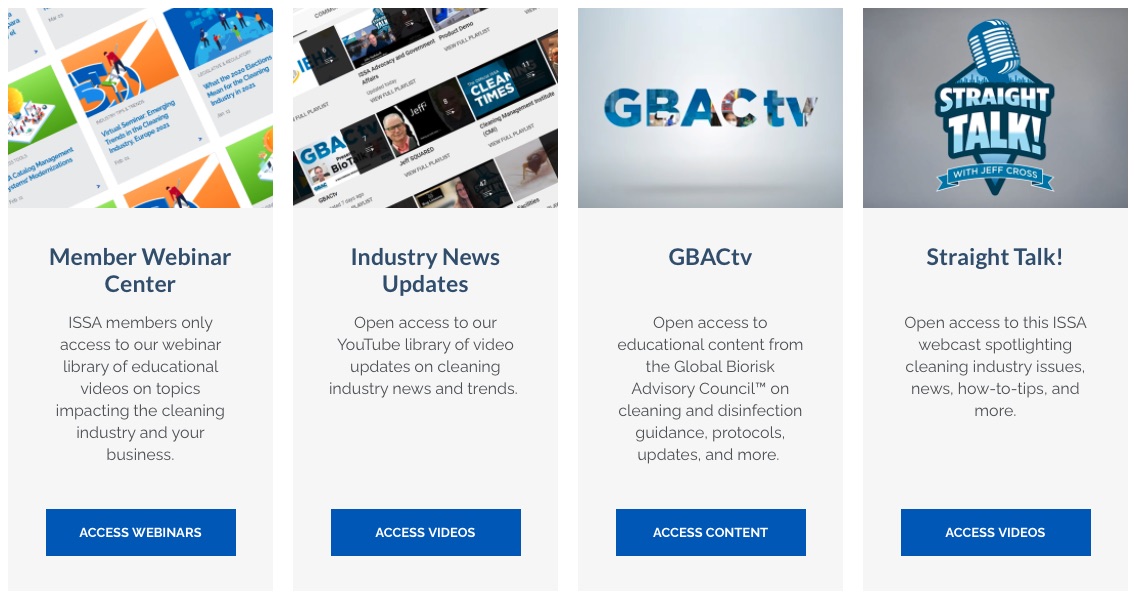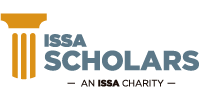News
Coronavirus Government Response Update—OSHA Issues Revised Coronavirus Policies
May 21, 2020
Welcome to the Coronavirus Government Response Update. This information is intended to keep ISSA members up to date on fast-moving government affairs related to the COVID-19 pandemic, as well as other public policy issues important to the cleaning industry. Today’s update touches on OSHA revising coronavirus policies, leeway granted to smaller PPP loan borrowers, a bipartisan tax credit for skills training, and more.
OSHA Issues Revised Coronavirus Policies
The U.S. Department of Labor’s Occupational Safety and Health Administration (OSHA) has adopted two revised policies for enforcing its coronavirus requirements as economies reopen throughout the country. First, OSHA is increasing in-person inspections at all types of workplaces. OSHA staff will continue to prioritize COVID-19 inspections and will utilize all enforcement tools as OSHA has historically done. Second, OSHA is revising its previous enforcement policy for recording cases of coronavirus.
U.S. Treasury, Small-Business Agency Grant Leeway to Smaller PPP Loan Borrowers
The U.S. Treasury and Small Business Administration clarified that businesses that seek less than US$2 million in emergency relief under the Paycheck Protection Program (PPP) will be considered qualified unless proven otherwise. The government agencies said the “safe harbor” should reassure smaller businesses they will not be penalized for taking on the loans. They added that the government would not pursue penalties for any companies that improperly received such loans if the companies pay the money back.
Senators Offer Bipartisan Bill to Create Tax Credit for Costs of Skills Training
A bipartisan group of senators introduced legislation to create a tax credit for skills training costs in an effort to help people who have lost their jobs due to the coronavirus pandemic. Under the bill, people who lose their jobs in 2020 due to the pandemic would be eligible to receive a fully refundable tax credit of up to US$4,000 to cover the cost of training expenses incurred through the end of 2021. The credit could be used to offset the cost, on a dollar-for-dollar basis, of skills training programs such as apprenticeships, certificate programs and two- and four-year educational programs. Distance-learning costs are also eligible to be offset by the credit.
Jobless Claims Total 2.4 Million
First-time filings for unemployment insurance totaled 2.44 million last week, about in-line with economist estimates. That brings the total filings during the coronavirus pandemic to 38.6 million. However, the total has fallen for seven straight weeks from its record peak.
CISA Updates Guidance on Essential Critical Infrastructure Workers
The Cybersecurity and Infrastructure Security Agency (CISA) released version 3.1 of its Guidance on the Essential Critical Infrastructure Workforce. Version 3.1 provides clarity around many individual worker categories, including expanded language for those workers supporting at-risk communities and the essential nature of health facility workers in communities across the country. This Guidance is not a federal mandate and final decision on its use remains with state and local officials, who must determine how to balance public health and safety with the need to maintain and/or more fully return-to-work critical infrastructure personnel in their communities.
Other links of interest
- Register for ISSA’s Webinar—Legislative Update: COVID-19 and the Cleaning Industry
- Take Action Now—Urge Your Elected Officials to Support the Clean Start: Back to Work Tax Credit
- ISSA Coronavirus Government Response FAQ
- SBA Disaster Assistance in Response to the Coronavirus
- Occupational Safety and Health Administration: Coronavirus Resources





